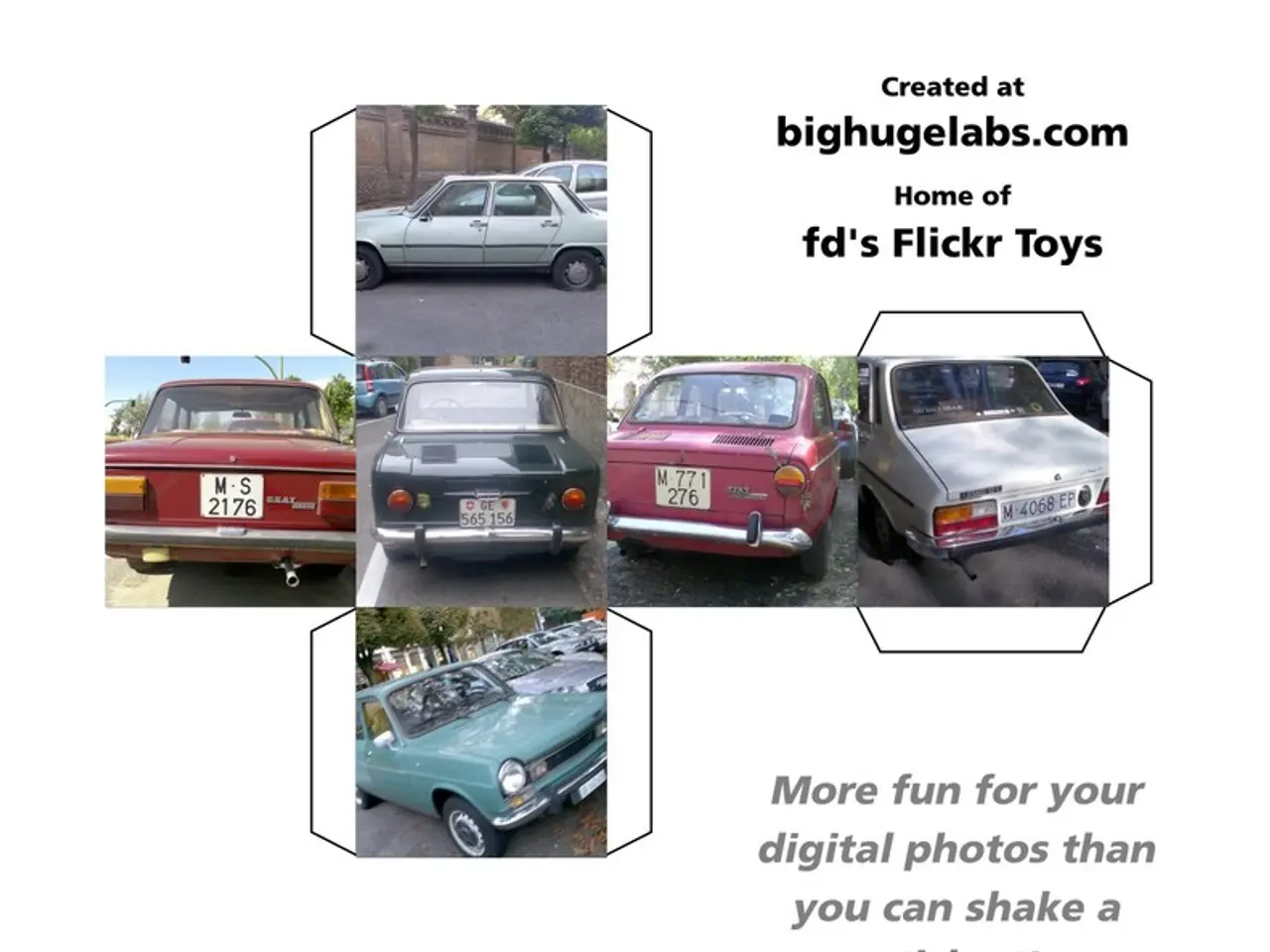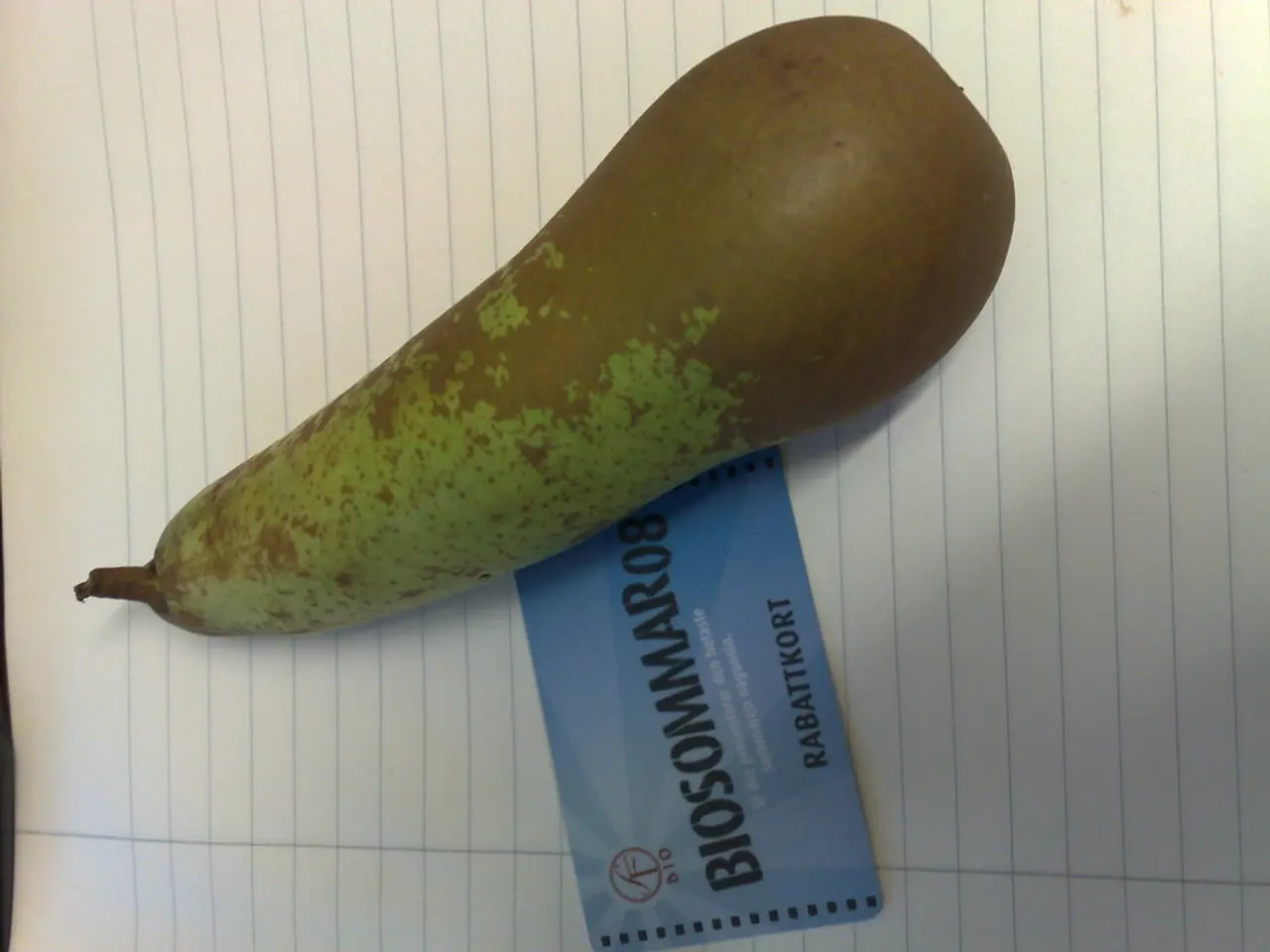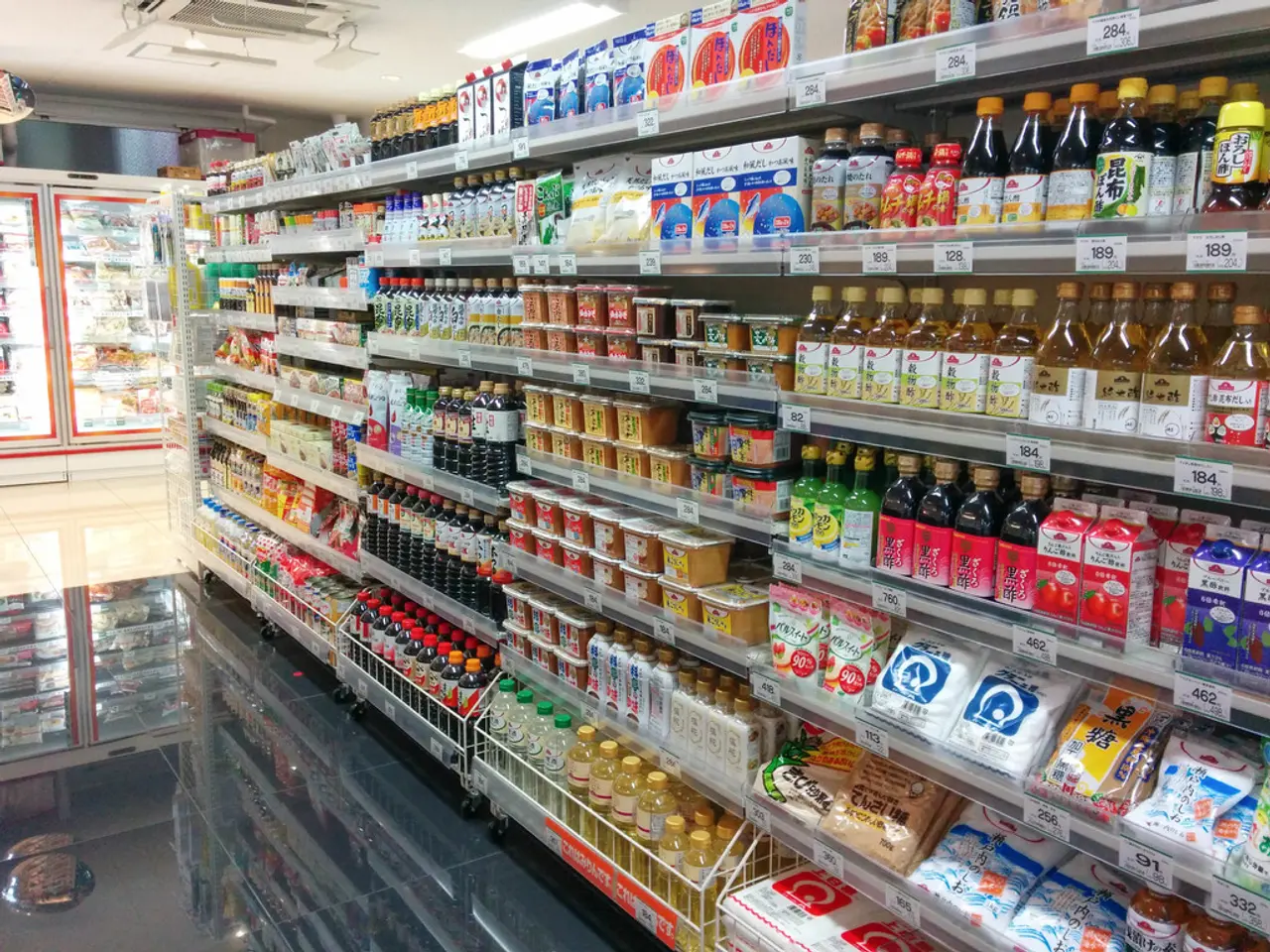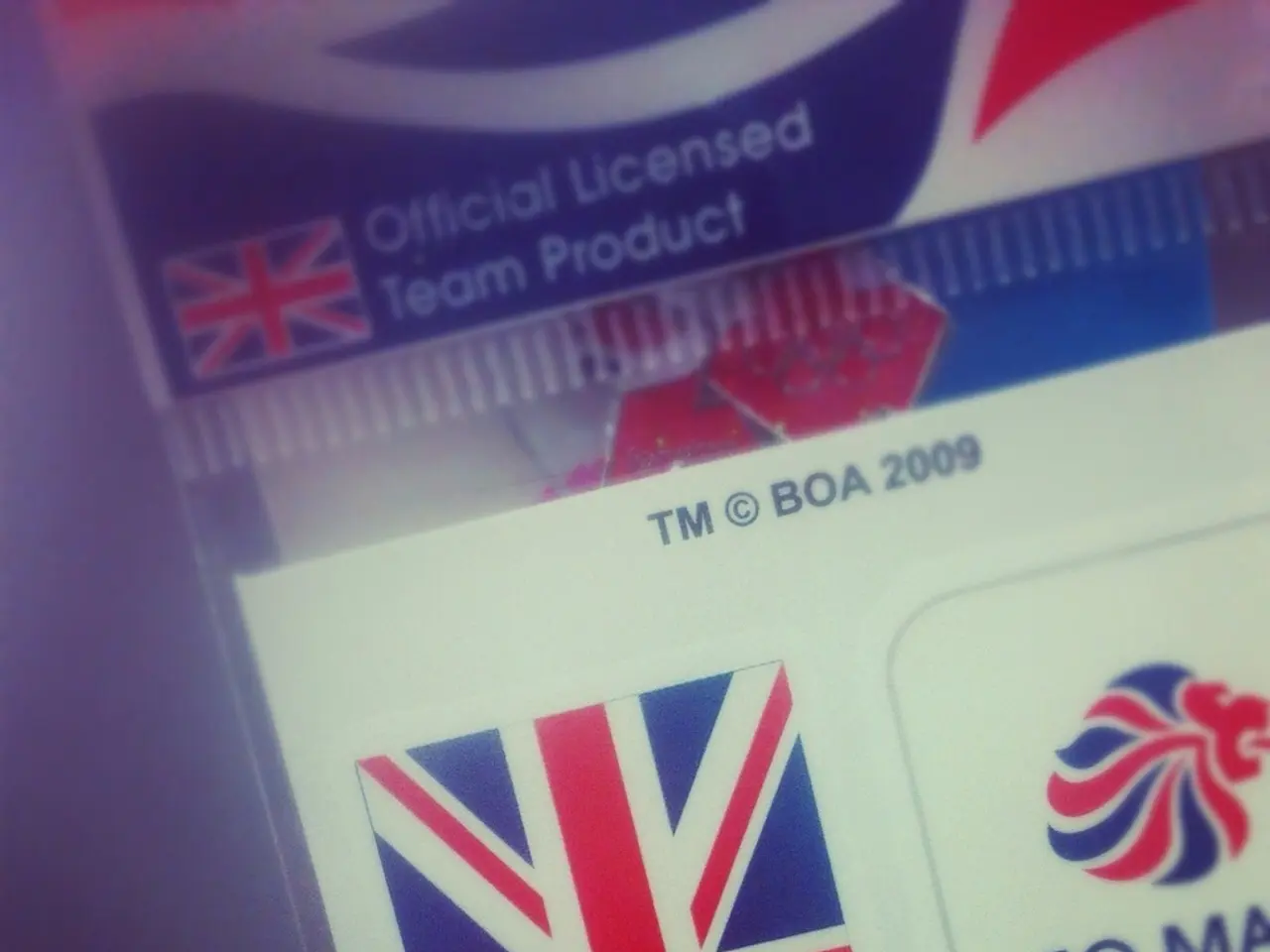Car technology streamlining customer connections and interactions
In the rapidly evolving automotive industry, dealerships are turning to Customer Relationship Management (CRM) software to streamline operations, boost sales, and improve customer satisfaction. Here's a look at the best practices for implementing Automotive CRM and the exciting features expected in the future.
**Defining Clear Objectives**
Aligning CRM objectives with a dealership's goals is crucial. This ensures that everyone is working towards common outcomes. Clearly communicating the benefits of the CRM for both employees and customers is also essential.
**Creating a Comprehensive Implementation Plan**
A detailed plan, including key players, budget, timeline, and training needs, is vital. Factoring in potential setbacks and planning for contingencies can help ensure a smooth rollout.
**Integrating with Existing Systems**
Seamless integration with ERP, marketing automation tools, and other relevant systems is key to eliminating data silos and enhancing collaboration. This can be a complex process, but engaging with experienced implementation partners can help navigate these challenges effectively.
**Providing Thorough User Training**
Comprehensive training programs are essential for employees to effectively use the CRM. Active participation and engagement are crucial to ensure successful adoption.
**Continuously Evaluating and Optimizing**
Regularly reviewing KPIs and user feedback can help identify areas for improvement. Refining processes and adding new features as needed ensures the CRM continues to meet objectives.
**Personalizing Customer Experience**
Using CRM data to segment customers and run targeted marketing campaigns can increase customer loyalty and retention.
**Efficient Appointment Scheduling and Service Reminders**
Streamlining appointment scheduling and sending automated service reminders can improve customer satisfaction. Providing real-time updates on vehicle status is also beneficial.
**Post-Launch Support and Maintenance**
Ongoing technical support, software maintenance, and updates are vital to maximize ROI and minimize disruptions.
**Future Advancements**
The future of Automotive CRM is promising. Advanced features expected include AI integration, predictive analytics, and enhanced mobile experiences. AI-powered insights and predictive analytics will enable more accurate forecasting, personalized recommendations, and proactive customer engagement. Mobile-friendly CRM applications will empower sales teams to access critical information, collaborate with colleagues, and interact with customers anytime, anywhere.
Choosing a reputable CRM provider with robust security features is essential to address data security concerns. Given the sensitivity of customer data, ensuring robust security measures and compliance with regulations is paramount.
Numerous automotive businesses have experienced increased sales, customer satisfaction, streamlined operations, and reduced costs after implementing CRM software. By following these best practices, automotive dealerships can effectively implement and utilize CRM software to enhance customer relationships and operational efficiency.
Technology plays a crucial role in the seamless integration of CRM software with existing systems like ERP and marketing automation tools, enhancing collaboration and eliminating data silos. Furthermore, the future of Automotive CRM promises exciting advancements, such as AI integration, predictive analytics, and enhanced mobile experiences, which will enable proactive customer engagement, personalized recommendations, and accurate forecasting.




